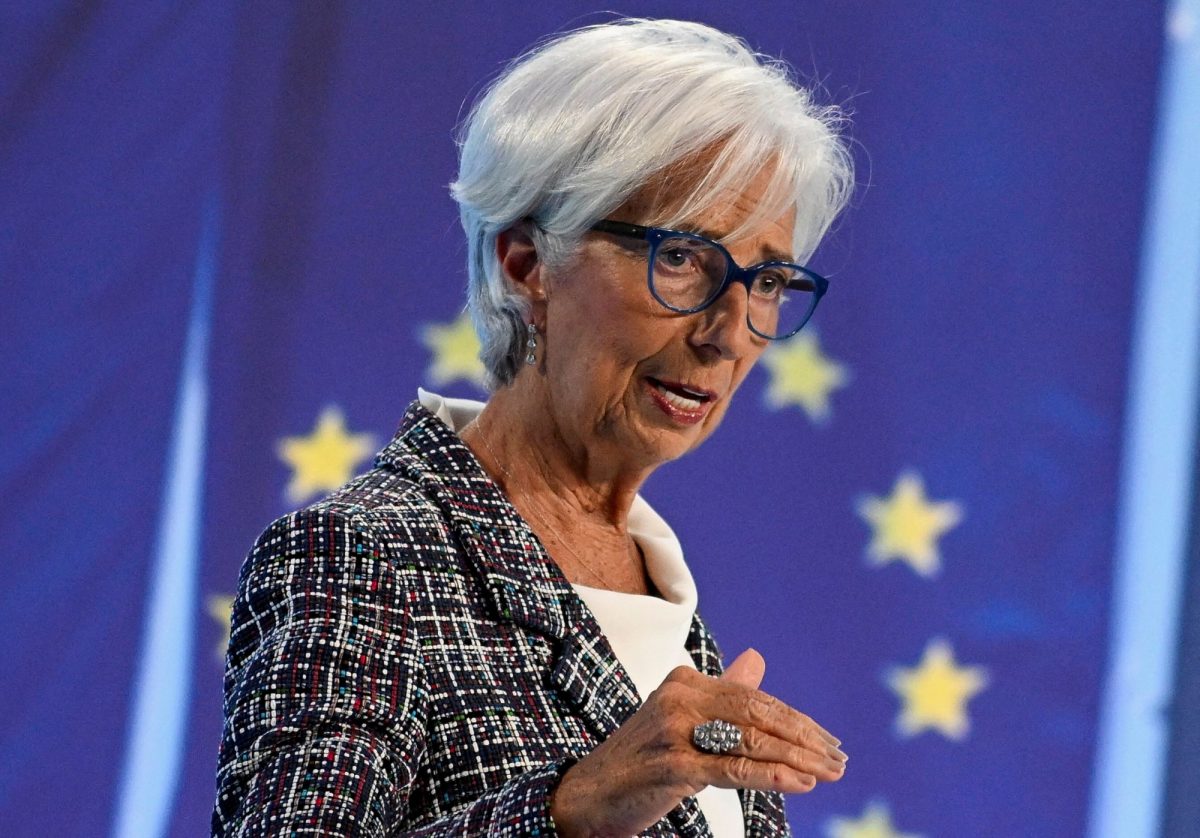The European Parliament has agreed to approve all seven pending European commissioner candidates, ending weeks of deadlock between EU political factions over the composition of the next Commission. This is reported by Politico citing four sources.
For more than a week, the fate of these seven candidates has been delayed by political wrangling between the main political rivals, the centre-right European People’s Party (EPP) and the Socialists and Democrats (S&D), following the November 4-12 hearings. .
The deadlock halted the examination process of six executive vice-presidents (Kaya Kalas, Raffaele Fito, Roxana Minzatou, Stéphane Cezournet, Teresa Ribera and Hena Virkunen) and the Hungarian, Oliver Varchelli.
The S&D were unhappy that Italy’s right-wing candidate Fitto was given a senior role, while EPP lawmakers questioned the suitability of Spain’s choice, Ribera.
Next week, the agreement is expected to be sealed during the Plenary Session and the Commission with its new composition will assume its duties from December 1.
#White #smoke #European #Parliament #commissioners
What are the key factors that contributed to the recent breakthrough in the approval of European commissioner candidates?
Topic 1: Deadlock Breakthrough and Future Prospects
Interviewer: Good afternoon, ladies and gentlemen. Thank you for joining us today on World Today News. We are delighted to have Mr. John Smith, a senior member of the European People’s Party and Ms. Sarah Johnson, a prominent figure within the Socialists and Democrats. Welcome!
Mr. Smith, we would like to start with you. Can you tell us about the breakthrough that led to the European Parliament’s approval of all seven pending European commissioner candidates? How has this agreement impacted the political climate in Brussels, and do you foresee any future disputes over the commissioner’s composition?
John Smith: Thank you for having me. Yes, the breakthrough came after weeks of negotiations between the two factions. As you mentioned, we had some disagreements concerning the suitability of certain candidates. However, we were able to reach an understanding that accommodated both parties, particularly regarding Mr. Fitto’s role in the commission. We are happy that he will be leading the fight against fraud, which we believe is a critical issue that needs addressing. We also feel confident in the remaining commissioners and their abilities to serve the European Union effectively. Regarding future disputes, we expect some disagreements to persist, but we hope to handle them in a more productive and timely manner from now on.
Interviewer: Thank you, Mr. Smith. Ms. Johnson, do you have any comments or additional insights on this matter?
Sarah Johnson: Absolutely. I am pleased that we were able to reach an agreement and put an end to the weeks-long stalemate. However, I must highlight that the Socialists and Democrats had concerns about Mr. Fitto’s past actions, and we believe that his appointment could compromise the independence of the commission. Nevertheless, we trust the process and look forward to working together with all the approved commissioners. We must remember that the European Union faces several challenges, including climate change and social inequality, and we must address these issues collectively. We hope this agreement marks a new chapter of cooperation between political factions in Brussels.
Topic 2: Role of Individual Candidates in the Commission
Interviewer: Moving on to


